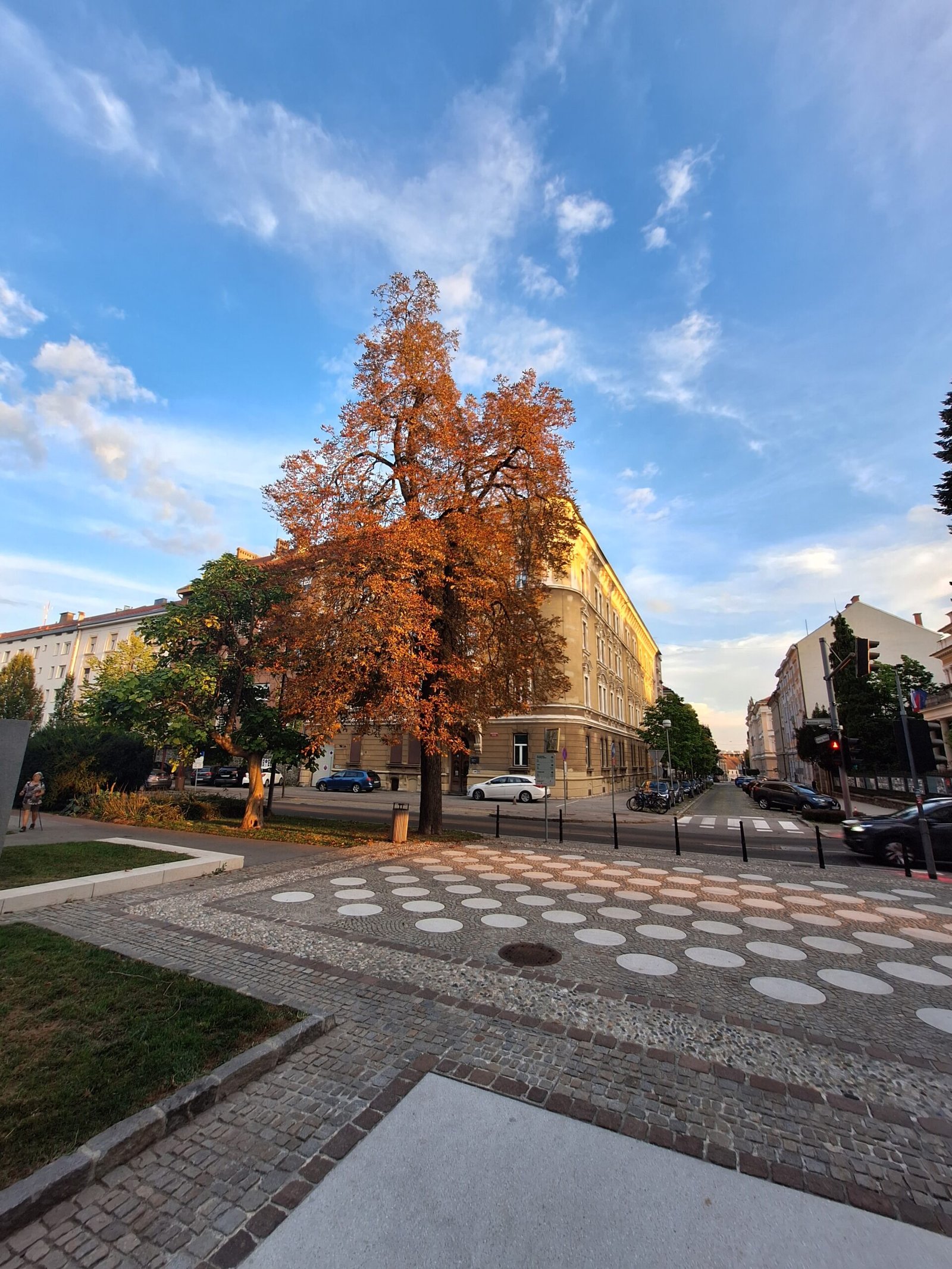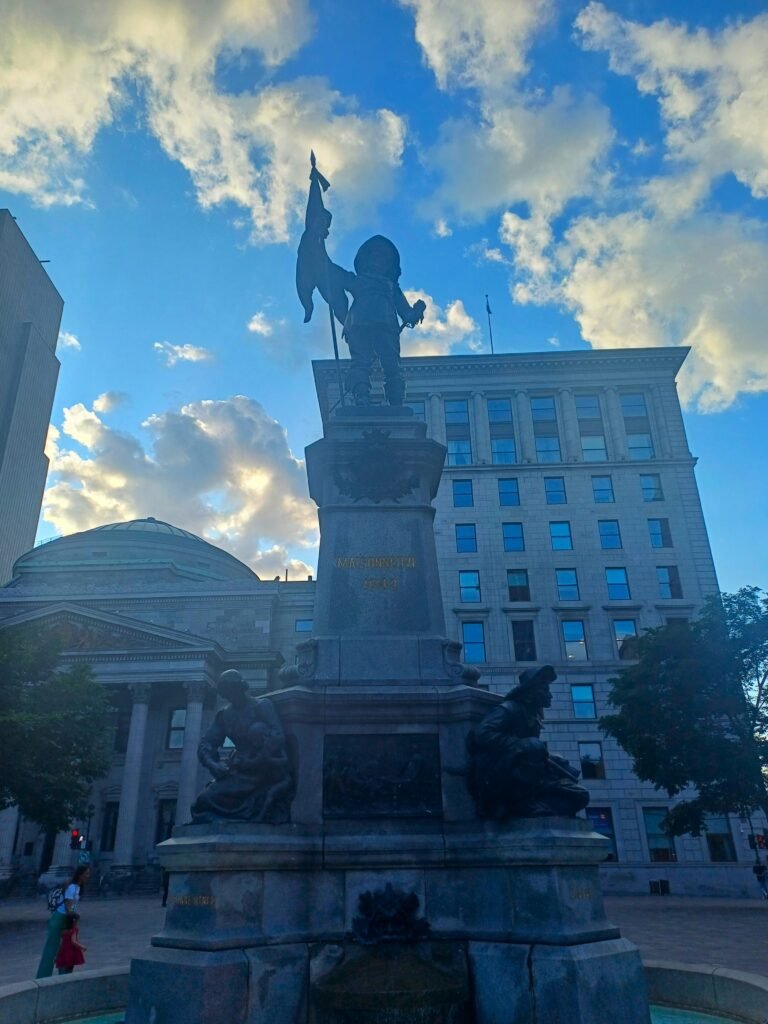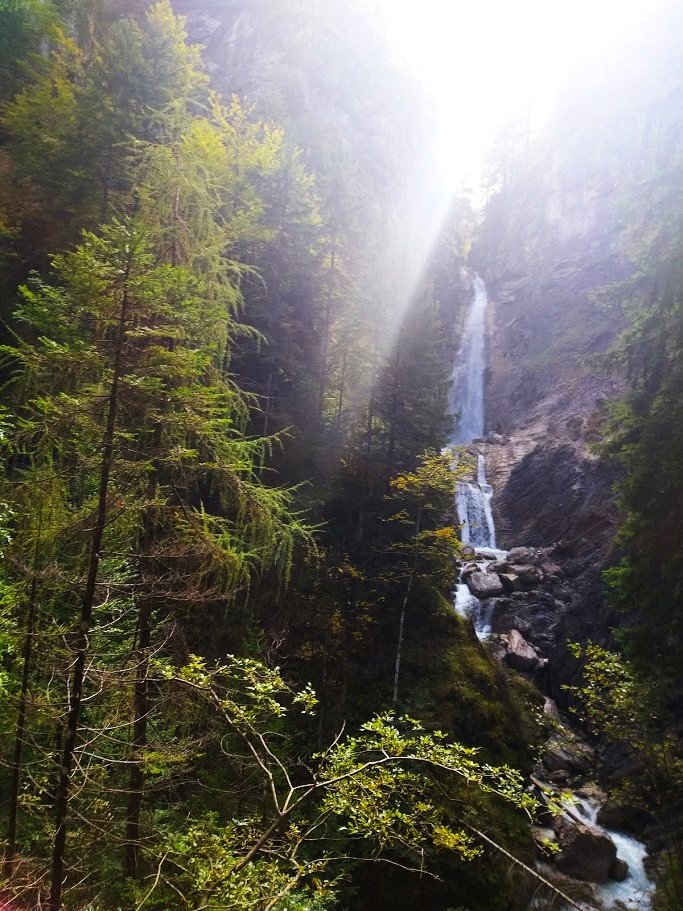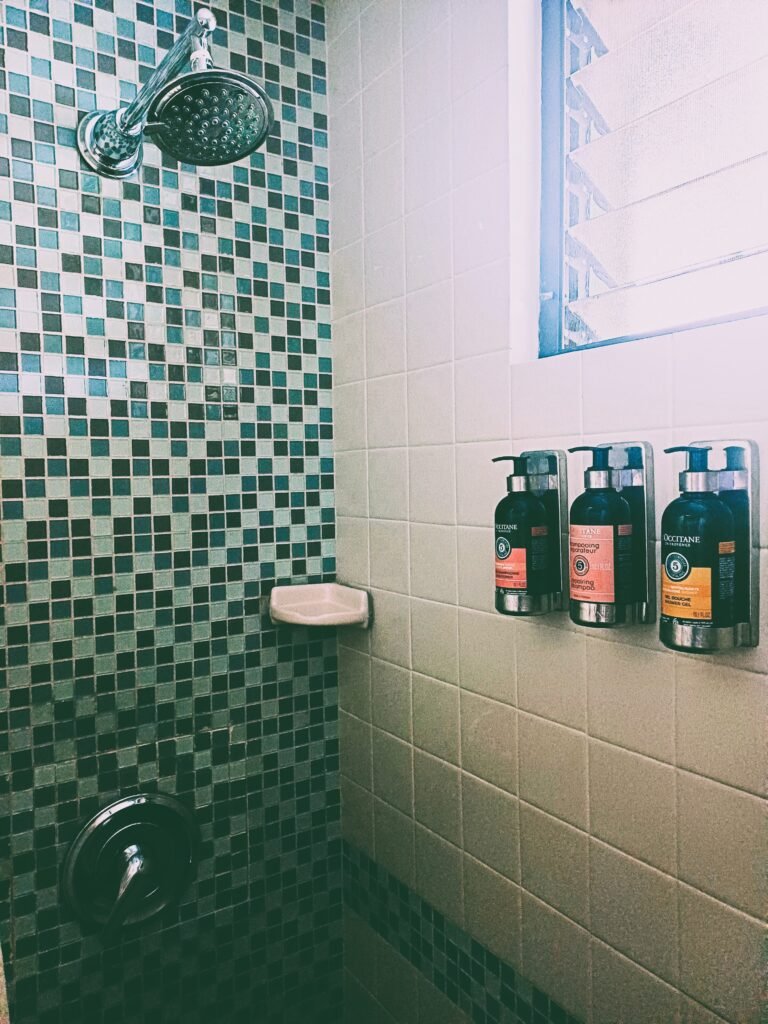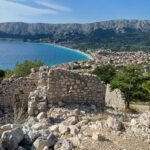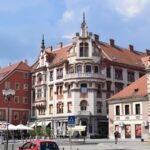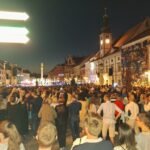Exploring Sustainable Stays: Maribor
In sharing insights into my lodging experience in Maribor, my intention is to offer a general overview of what to expect in a rental in this charming city and what sustainability considerations to keep in mind before embarking on your travels.
Discovering a comfortable Airbnb that provided an attractive discount for a month-long stay, we were thrilled. I highly recommend seeking accommodations that incentivize longer stays, while also offering amenities such as high-speed internet, laundry facilities, and a dedicated workspace. The ideal location, within walking distance to amenities and public transportation, adds to the convenience.
Energy Conservation Highlights
Despite the absence of air conditioning or fans, which initially raised concerns during a scorching 40-degree heatwave, we found ourselves surprisingly comfortable. The well-insulated space with double-paned windows, coupled with the presence of large trees and nearby parks, contributed to a naturally cooler environment. (The lack of air conditioning may have also contributed to the more affordable rental price). The energy-conscious amenities extended to an electric stove and an energy-efficient washing machine. A drying rack was provided instead of an energy-intensive drying machine (nb; I rarely found dryers included in Slovenian rentals). Motion-sensor lights in the apartment corridors further underscored the commitment to energy efficiency.
Waste Reduction Highlights
The accommodation provided refillable hand soap in the bathroom, although the presence of paper towels contradicted this eco-friendly effort. Fortunately, the provision of reusable towels allowed us to opt for a more sustainable choice. Access to clean drinking water directly from the taps and the availability of reusable glassware minimized the need to purchase bottled water.
Within the apartment, there were three distinct waste bins in the kitchen, though they lacked proper labeling. While I assumed these bins were designed for separating recyclables from general waste, the absence of any informative signage left me uncertain. Seeking clarity on waste disposal and recycling, I reached out to the Airbnb host. The host, unaccustomed to guests staying for more than three days, left trash removal to the cleaner. After gaining insights into the recycling process and securing access to the apartment’s waste disposal facilities, we discovered the ability to recycle a wide range of materials, including compost, cardboard, glass, aluminum, tetra paks, and plastic. I strongly advocate for the implementation of clearly labelled separate-stream recycling, complemented by educational initiatives, as a simple yet powerful means to mitigate the environmental impact of tourists. How much waste can be diverted away from landfills if tourists were encouraged to reduce, reuse & recycle? I don’t know the answer but believe every little bit helps and from my personal experience in Maribor, at least 75% of our waste was diverted.
While not every tourist may choose to recycle, providing the option increases the likelihood of responsible waste disposal. Additionally, offering a welcome kit that includes recommendations for eco-friendly establishments, along with the provision of reusable shopping bags, would significantly enhance the overall sustainability experience. For example, providing information on nearby zero-waste and locally-made stores, local farmers markets, bottle return schemes, and information on public transportation (more information in my Maribor blogs on dining, activities, transportation) .
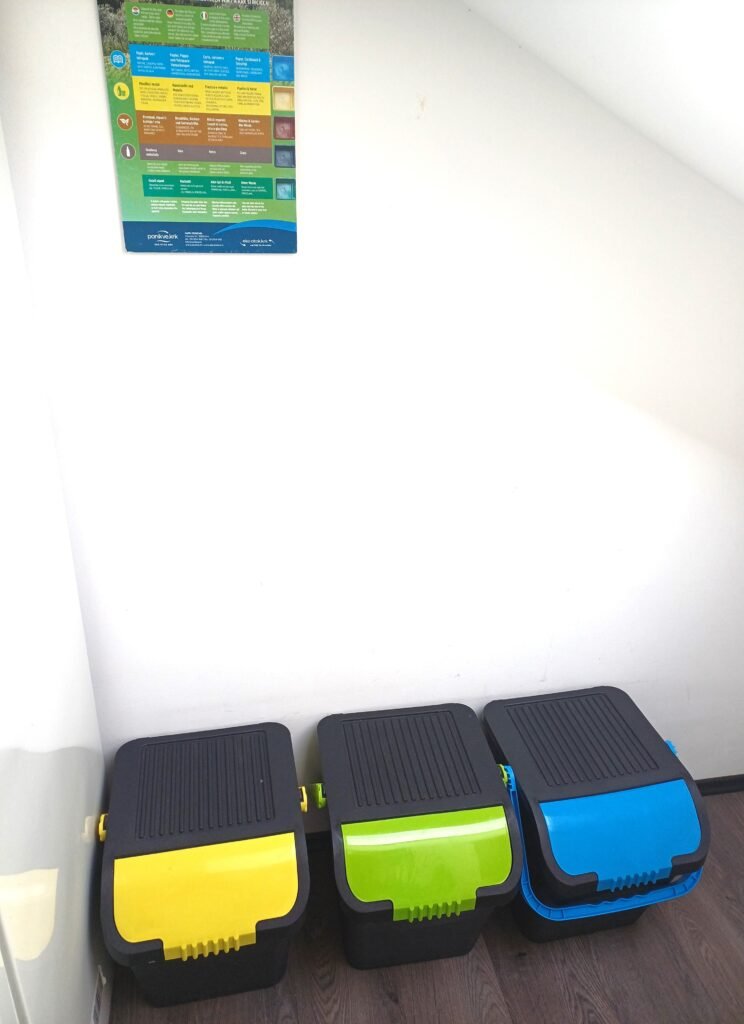
Separate Stream Recycling Example from Krk Island.
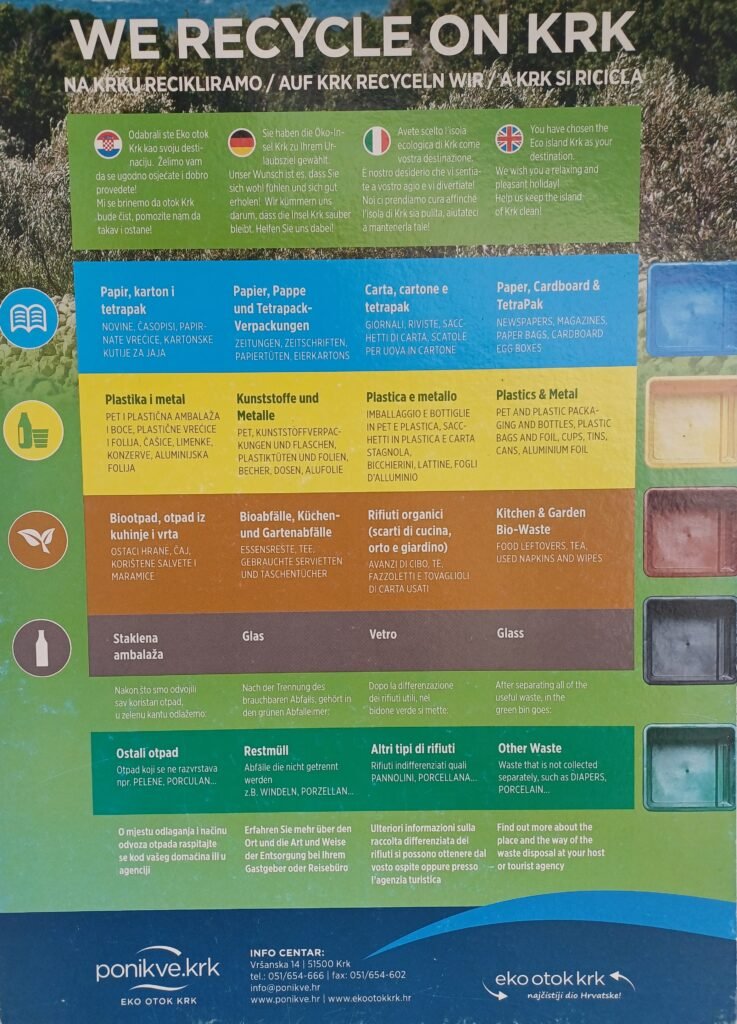
Example of recycling educational materials provided for guests.
For more information on separate stream recycling and educational materials that did work; Check out my blog on Krk Island.
Safe & Sustainable Travels!
